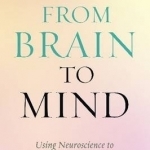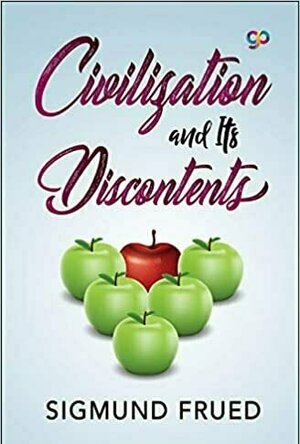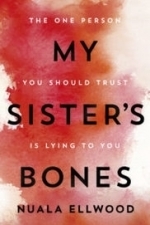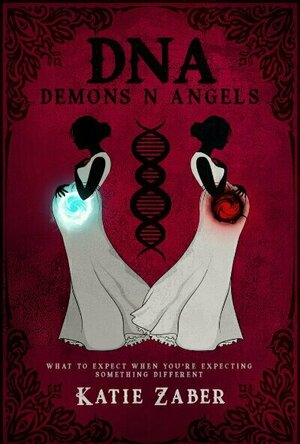
From Brain to Mind: The Developmental Journey from Mimicry to Creative Thought Through Experience and Education
Book
Finalist for Foreword Magazine's 2011 Book of the YearWith his knack for making science intelligible...

Eaglewood Pavilion
Book
The two stories in this collection of Chinese stories are related to the life of people living in...
BookInspector (124 KP) rated My Sister's Bones in Books
Sep 24, 2020
The plot was amazingly thought through and overflowing with suspense. I couldn’t put it down, it captivated me and I needed to know more. I loved that the chapters were not long; it made it quick and pleasurable for me to read it. The writing style used in this novel was not difficult and very easy to read. I really loved how every part of the book was concluded with a sentence, which actually used to take my breath away with disbelief and wish to know more. This book has everything, it is fast paced, it has lots of twists and turns and it thickens with every chapter. This book covers so many great universal themes: how alcoholism destroys families and life of children in such families, what does journalist feels during and after trips to war torn countries, how it affects their personal life seeing so many ruined lives and death of innocent people, how people react while suffering domestic violence. There are so many great and very important themes in this book. I am amazed how author rounded all them up and fitted so many of them in this beautiful creation. The ending of the book was really unexpected and I was so confused after reading it. To be honest, all I have for this book is praise, it is an amazing book and it is a Must Read. Can’t wait for the movie because there definitely will be one.

Pregnacise - Pregnancy Exercise App - Stay Fit and Healthy While Pregnant
Health & Fitness and Sports
App
Staying fit in pregnancy means a healthier and safer birth for both you and your baby. Devised by...

Breastfeeding Solutions
Health & Fitness and Medical
App
Guides you with just a few simple questions to the source of the 30 most common breastfeeding...

Pixum Photo Book
Photo & Video and Shopping
App
Use your most beautiful photos to create a high-quality Pixum Photo Book - now, using your iPad or...

Civilization and It's Discontents
Book
Civilization and Its Discontents' is one of the last of Freud's books, written in the decade before...
Debbiereadsbook (1639 KP) rated DNA Demons N Angels in Books
Dec 3, 2021
There comes along from time to time, a book that really pushes my ability to write a coherent review. This is such a book.
I could not see, or I had a picture in my mind that turned out to be so very wrong, where this was going for a long time. As I neared the end, it became clear that it would end round about when Evie gave birth. And I wasn't sure HOW it was gonna end, not til I ran out of book.
And herein lies my problem with this book.
I read it, I finished it. At NO point did I feel the need to dump it, even when it became clear only Evie is given a voice, it's her story after all. I enjoyed reading it, I really did. And then it finished! And I'm left kind of "well how do I write a review?!"
I mean, don't get me wrong, it's a very well written book. Hard work in places, but very good. It's original, I can honestly say I've never read such a book. It has many twists, some I saw coming, and some not so much. It led me on a merry dance across the States, and across the whole supporting cast, some of whom held my interest a little more than Evie in places.
Evie did well to fully grasp her situation, once Lucas told her what he was. Lucas was, in my opinion, a little too much too fast and I wanted to punch him a time or two! (please don't hate me, but I did!)
I just didn't get the whole point of it! A lot of things, actually, made me think, once I'd finished it. Made me question why that bit was even in the story. I'm not going to say which bits, because that's spoilers, though.
So, for originality and great writing, I'm giving it 4 stars, but taking one off, because I really would liked to have heard from Lucas, and maybe Melisa and maybe even Ken, when he's doing his research.
I think this will probably be one of "THOSE" books, you know? One that have a gazillion 5-star reviews, but you can't see what the fuss was about, and I'm sorry for that, because it was well written.
3 good solid stars
*same worded review will appear elsewhere

My Pregnancy Guide: Ensuring a Healthy Pregnancy & Labour
Book
My Pregnancy Guide is based on my 20 years clinical experience in helping women during pregnancy and...
pregnancy health bookbuzz families women's health


